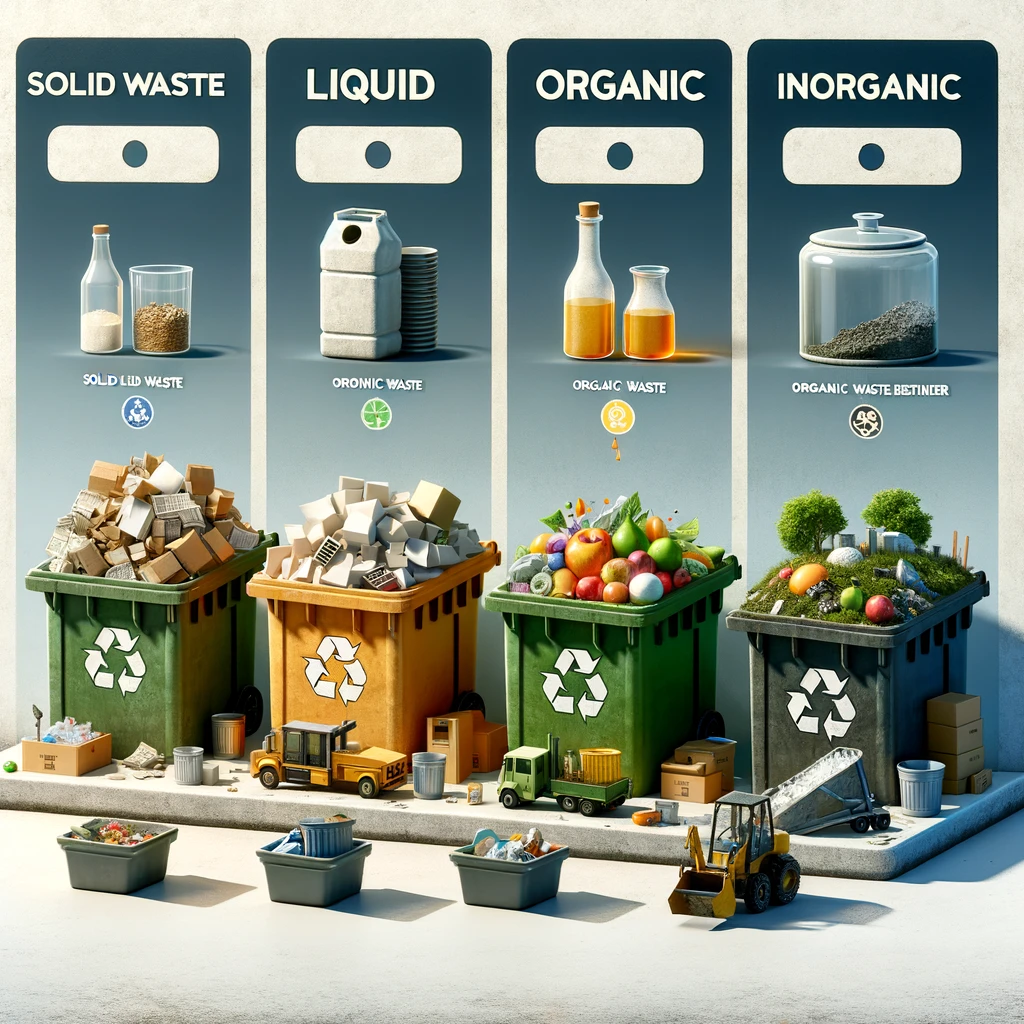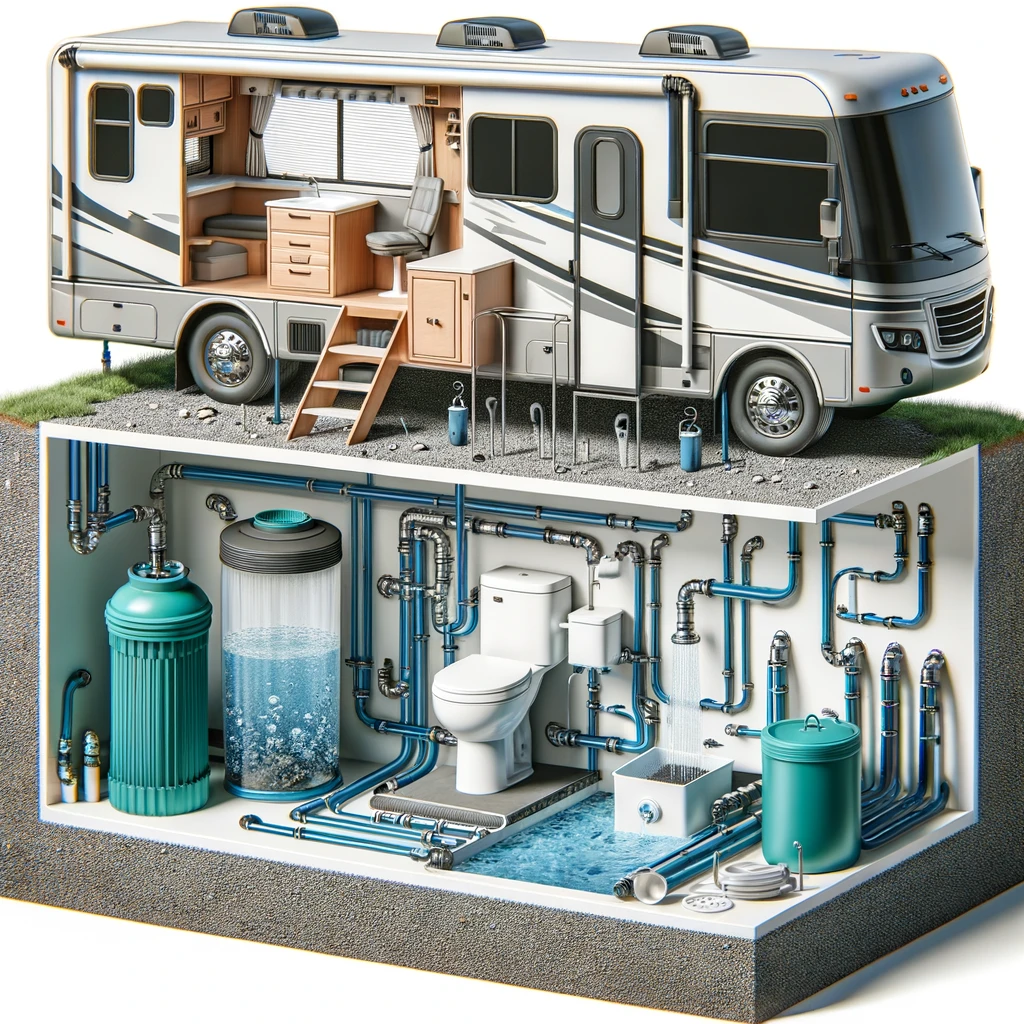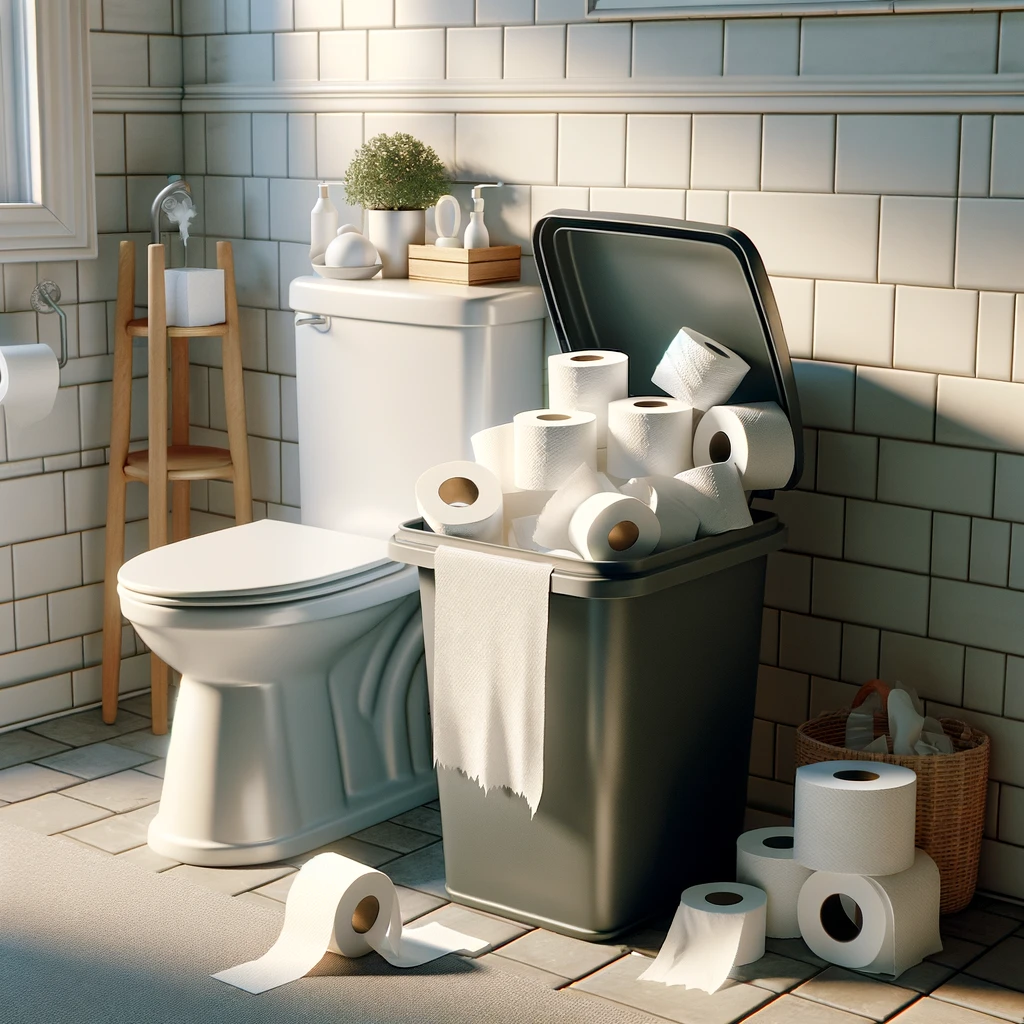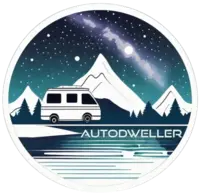How to Dispose Waste Responsibly While Living in a Van in 2024!
Embracing van life means taking responsibility for the waste you generate. The choices you make in waste disposal not only affect the environment but can impact your quality of life on the road. This comprehensive guide will explore how to manage and dispose of waste responsibly while living in a van. Let’s dive in and make van life cleaner and greener!
Types of Waste Generated in Van Life
Overview of common waste types
Living in a van generates various types of waste, including solid, liquid, organic, and inorganic. Disposing of these wastes improperly can lead to environmental pollution and negatively impact the places you visit. Awareness of the different types of waste is the first step toward responsible waste management.

Recycling and waste separation
Recycling and waste separation play a crucial role in reducing the environmental footprint of van life. Start by allocating separate containers for different waste categories, such as recyclables, compostable materials, and landfill-bound trash.
Doing so will make it easier to dispose of your waste responsibly at designated facilities.
Solid Waste Disposal
Trash and packaging waste
Minimizing trash and packaging waste is essential for responsible waste management in van life. Opt for products with minimal packaging and consider buying in bulk to reduce waste.
When disposing of trash, ensure you do so at designated waste disposal sites or public trash bins, and never leave it in natural surroundings.
Food waste
Improper food waste disposal can attract pests and negatively impact local ecosystems. To minimize food waste, plan your meals carefully and store food properly to prevent spoilage.
Dispose of food waste in compostable bags, and look for local composting facilities or designated bins for organic waste disposal.
Van Liquid Waste Disposal
Greywater management
Greywater is wastewater generated from sinks, showers, and other non-toilet sources. Collect greywater in a designated container and use biodegradable soaps to minimize its environmental impact.

Dispose of greywater at designated dumping stations or, if allowed, disperse it away from water sources and vegetation.
Blackwater management
Blackwater refers to wastewater from toilets. Managing blackwater responsibly is essential to prevent contamination and protect public health.
Use a portable or composting toilet and dispose of its contents at RV dump stations or other designated facilities, following local regulations and guidelines.
Personal Hygiene Waste Disposal
Sanitary products
Responsibly disposing of sanitary products like wipes and menstrual products is vital to prevent pollution and protect wildlife.
Place used items in sealable bags or designated containers and disposed of them in public trash bins or other appropriate facilities. Avoid flushing them down toilets or leaving them in nature.
Toilet paper and tissues
Improper disposal of toilet paper and tissues can harm the environment and create unsightly litter. If you’re in a remote area, pack out used toilet paper in sealable bags or burn it if local regulations allow. In developed campgrounds or urban areas, dispose of it in public trash bins or toilets.

Hazardous Waste Disposal
Batteries, electronics, and chemicals
Improper disposal of hazardous waste like batteries, electronics, and chemicals can harm the environment and pose dangers to human health.
Store hazardous waste separately from other waste types and locate designated facilities for proper disposals, such as recycling centers or hazardous waste collection events.
Reducing Waste and Adopting a Low-Waste Lifestyle
Tips for minimizing waste
Reducing waste generation in van life is not only eco-friendly but also practical. Opt for reusable items like water bottles, cloth bags, and food containers, and minimize the use of single-use plastics.
Repair broken items instead of discarding them, and donate or sell items you no longer need.
Benefits of a low-waste lifestyle
Adopting a low-waste lifestyle comes with numerous benefits, both for the environment and for you personally. By reducing waste, you’ll contribute to the conservation of natural resources and minimize your impact on the planet.
Plus, a low-waste lifestyle often leads to a cleaner, more organized living space in your van, making your travels more enjoyable and stress-free.
Conclusion
Disposing of waste responsibly while living in a van is essential for a sustainable and enjoyable experience. By implementing the waste management solutions outlined in this guide, you’ll contribute to a cleaner environment and set a positive example for other travelers.
Remember, as a van dweller, you have the power to make a difference – one piece of waste at a time.
Frequently Asked Questions
Choose products with minimal packaging, opt for bulk purchases, and bring reusable bags or containers for produce and bulk items. Additionally, prioritize eco-friendly and recyclable packaging materials over single-use plastics.
If you can’t find designated facilities, store your waste securely in your van until you can dispose of it responsibly. Never leave waste behind in natural environments or public spaces that aren’t designated for waste disposal.
Save water by using a low-flow showerhead, turning off faucets when not in use, and reusing greywater for tasks like flushing the toilet or washing the van. Collect rainwater when possible and consider investing in a water-saving foot pump for your sink.
Yes, biodegradable trash bags are a more environmentally friendly option compared to conventional plastic bags. However, remember that they still need proper disposal, as they won’t break down effectively in landfills or when left in nature.
Broken electronics should be disposed of at designated e-waste recycling facilities. Many cities have such facilities; some electronics retailers offer take-back programs for old or broken devices. Store broken electronics separately from other waste until you can dispose of them properly.
Author
-

Zaara, a kindred spirit of the open road, has nurtured a deep-seated love for RV travel since her childhood. Journeying with her parents, she learned early on to cherish the little things that make life rich and fulfilling. This emotional depth and appreciation for simplicity have become the cornerstone of her life philosophy. A firm believer in the idea that true happiness is found in nature's embrace, Zaara continues this legacy of exploration alongside her husband, Augustus. Her passion extends beyond landscapes to the joy of connecting with life's purest forms - the unconditional love of dogs and the innocence of babies. These connections reflect her nurturing soul and emotional acuity. Zaara is also a culinary enthusiast, delighting in creating meals that blend flavors from their travels, infusing each dish with memories and love. Her expertise lies in living fully, finding joy in every moment, and inspiring others to seek happiness in life's simple, natural wonders.
View all posts

